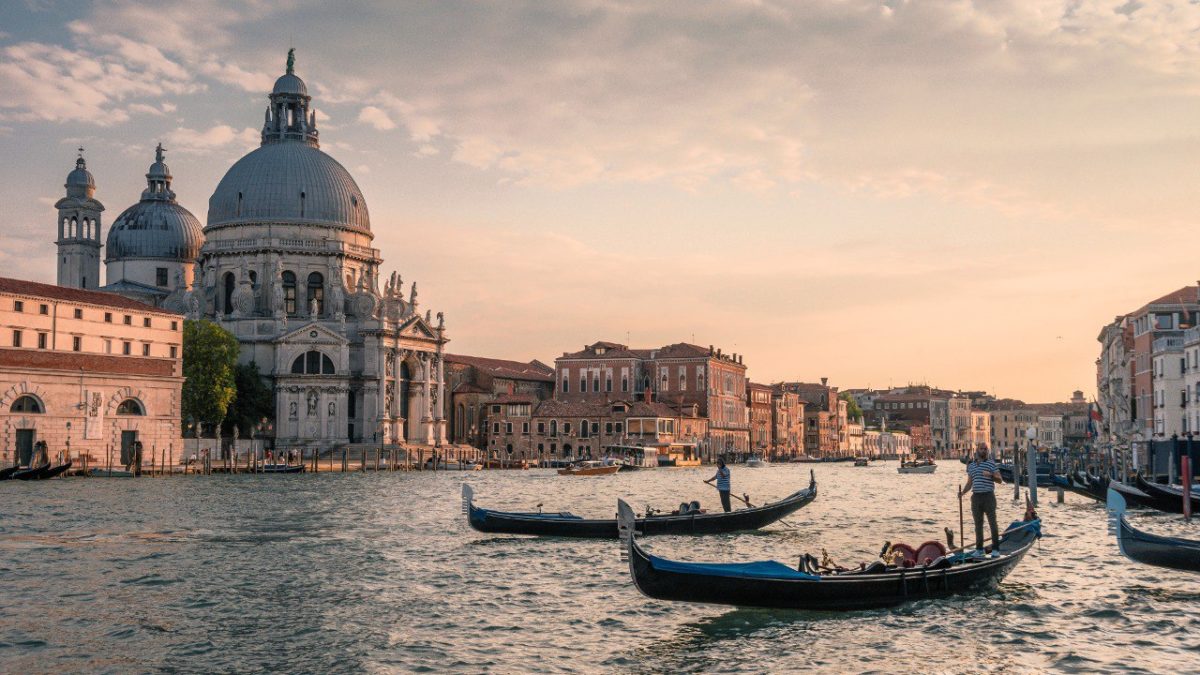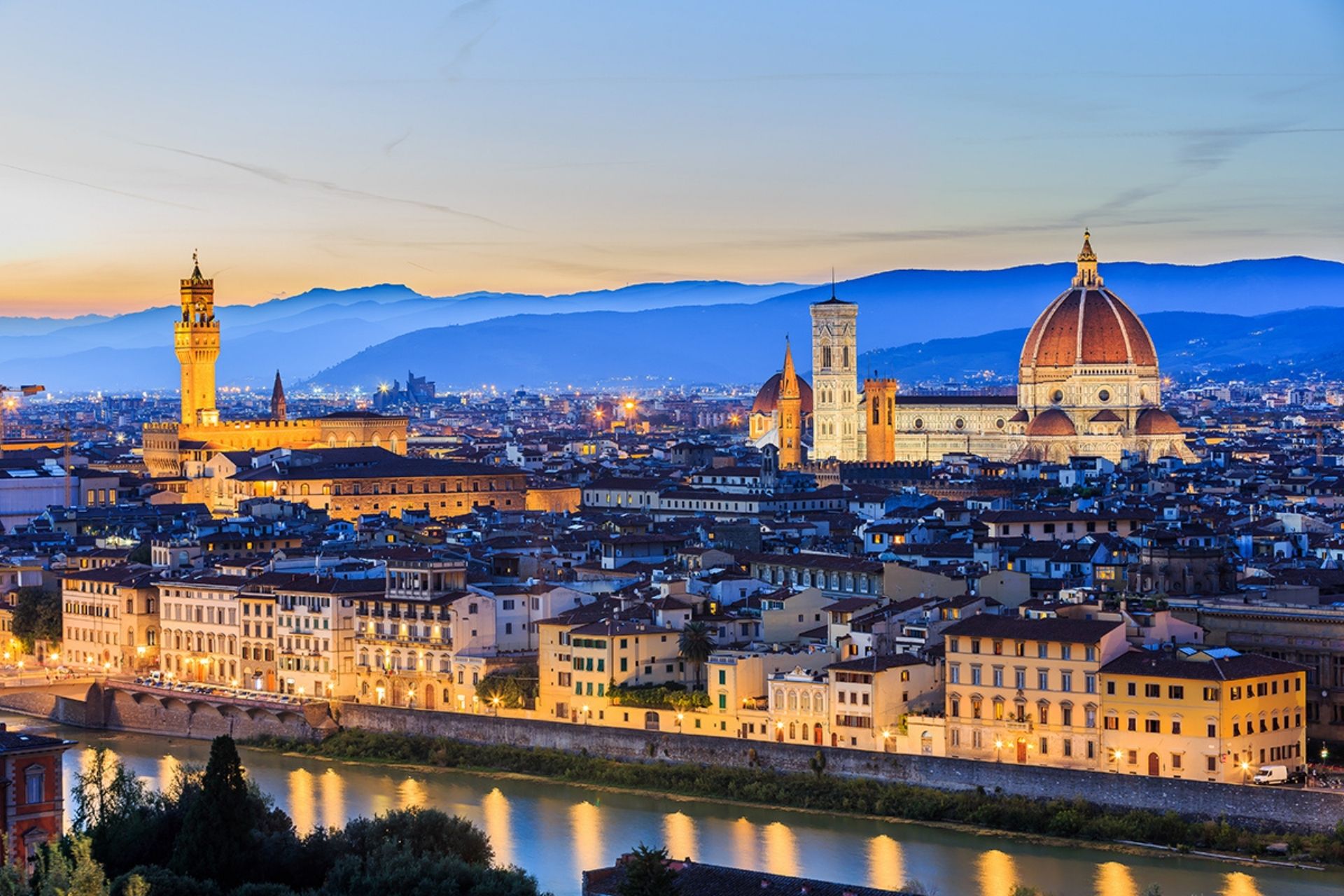After two long years of forced interruption, the annual meeting of Italian tourism organized by Bocconi University in collaboration with Confindustria Alberghi and dedicated to the comparison between the world of hotel operators and that of finance returned to Milan: “Tourism to come: a reading through hospitality in Italy.”
Confindustria Alberghi: An Overview of Italian Hotels and Performance
The meeting revealed that the recovery of tourism is reflected in the economic indicators of hotel performance: if occupancy is still below 2019 figures (-12%, but with some segments – luxury and upper midscale – in which more than 91% of occupancy has been recovered), hotel profitability has already abundantly exceeded pre-pandemic levels.
Demand is also confirmed to be high for the coming months and especially for Easter and the spring holidays. Milan, Florence, Rome, and Venice already have higher bookings than in 2022.
There was also a focus on rising prices, driven by the increasing costs of energy, banking fees, and raw materials. A warning comes from reputation, a wake-up call that should not be underestimated. While ratings on location and services remain very positive, ratings are negative on maintenance and connectivity.
A sign that confirms how, after two years of deep crisis, it is necessary to support companies that have not yet recovered from their losses, so that there is no slowdown in investment to respond to increasingly demanding customers.
The initiative featured three panel discussions and offered a reading of the tourism sector through the different points of view of some of the key players in hotellerie, finance, and innovation.
In the opening, Dean Francesco Billari and Professor Carlo Altomonte of Bocconi University offered an overview of the macroeconomic, geopolitical, and demographic scenarios in which tourism, and the hotel sector in particular, fits.
The session continued with “The Hotel Industry in Data and Operators’ Experience.” The panel was introduced by Marco Malacrida of STR & TrustYou and Maddalena Terraneo of Horwath HTL, with the analysis of Italian performance indicators in comparison with international competitors and the evolution of the offer that sees a presence, in constant increase, of national and international chains in our country.
The Future and Trends of the Hotel Industry
From the development models adopted by the hotel sector, an opportunity to share new trends, international experiences, the evolution of the Italian traveler, how business models are changing, and the importance of quality training, at all levels, to keep up with new customer needs.
This was followed by a moment dedicated to “The Finance Perspective” with important national and international, public and private entities delving into some of the tools and the critical role of investments in the hotel industry.
In closing during the debate “A Window on Old and New Horizons” topics such as luxury hospitality, new technological solutions available to companies, the important role of urban regeneration, and the link between business and territory concluded the roundup of speeches.
A day full of insights returned interesting elements on the current lines of development of the hotel industry and the future directions to which attention can be turned to foresee market trends and dynamics.
Several of the leading players in the global hotel industry, including Christian Boyens of Belmond, Gabriele Burgio of Alpitour, Carlos Diaz of AC Hotels by Marriott, Elisabetta Fabri of Starhotels, who were interviewed by Sofia Vedani of Planetaria Hotels, and together with Livia Peraldo of Elle Decor, drew the picture of the sector and outlined the challenges of the near future.
Representatives from the financial community – Chiara Caruso of CDP Real Asset Sgr SpA, Pierluigi Monceri of Intesa Sanpaolo, Giampiero Schiavo of Castello SGR, and Jacopo Tamos of Algebris – also confirmed, while underlining the different connotations of their mission in the sector, a very positive outlook of increased investment in the sector, also in support of the processes of upgrading the offering and the dimensional growth of operators.
Finally, Paolo Barletta of Arsenale, Francesca Benati of Amadeus, Davide Manzoni of Palazzo dell’Agricoltore and Domenico Montano of Human Company offered a glimpse of growth off the beaten track, with innovative and successful projects.


